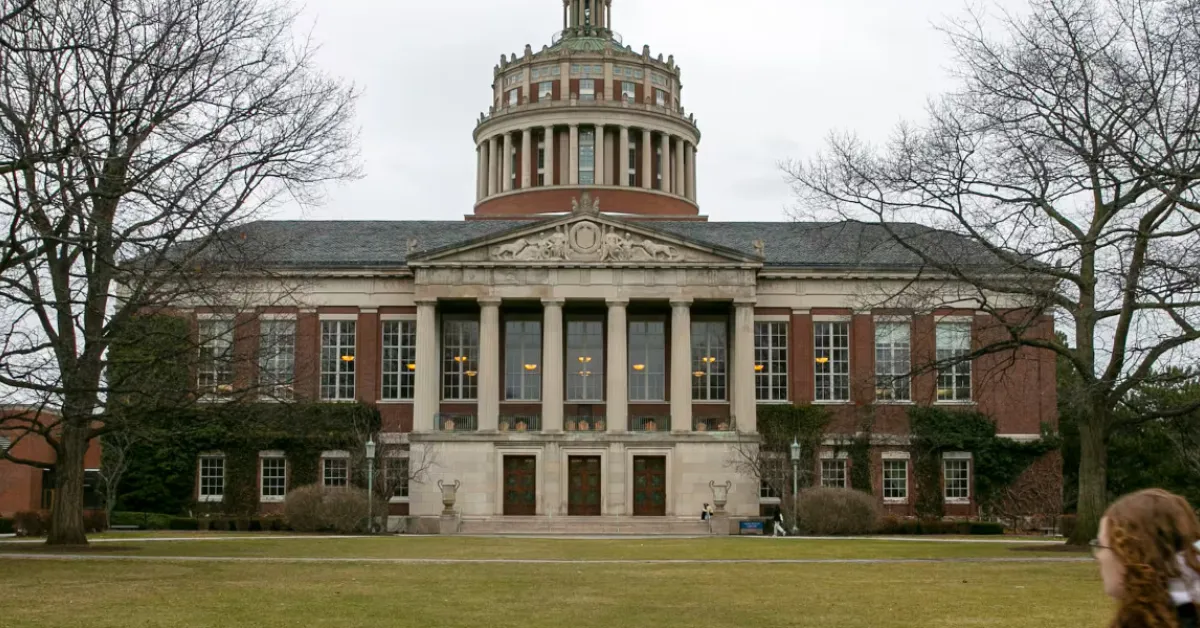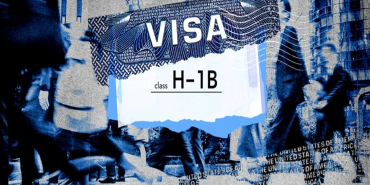International Students Sue the US Government Over Visa Revocations, Alleging Disrupted Academic Pursuits

Over 130 international students have initiated legal action against the US government, alleging unjust visa revocations that have disrupted their academic pursuits.
The lawsuit, which originated with 17 students in Georgia on April 11, has garnered significant attention due to its implications for immigration enforcement and higher education. The lawsuit contends that the visa cancellations are arbitrary and lack clear justification. The affected students claim that their records in the Student and Exchange Visitor Information System (SEVIS) were terminated unlawfully by Immigration and Customs Enforcement (ICE).
This action, they argue, was conducted without due process, exposing them to risks of detention, deportation, and future barriers to reentry into the United States. Among the affected individuals is a Chinese doctoral candidate in engineering at Georgia Institute of Technology, whose visa was revoked after a criminal records check flagged an unspecified issue, possibly related to a resolved traffic offence. Similarly, an Indian student at the New York Institute of Technology faced scrutiny despite being acquitted of shoplifting charges.
These revocations have sparked widespread concern among international students, who fear that even minor or previously dismissed offences could jeopardise their immigration status. This concern is particularly resonant for Kenyan students, with over 4,000 currently enrolled in US institutions, according to the US Embassy in Nairobi. While no Kenyan students have reported being directly impacted, the unfolding events have created an atmosphere of unease across campuses.
The legal filing names US Attorney General Pam Bondi, Homeland Security Secretary Kristi Noem, and Acting ICE Director Todd Lyons as defendants. The lawsuit seeks the reinstatement of the revoked visas and raises questions about the balance between stringent immigration policies and the rights of students pursuing academic goals. The complaint documents the experiences of the original 17 plaintiffs, emphasising the seemingly inconsistent grounds for visa terminations.
In many cases, students are left speculating as to why their statuses were targeted. The legal brief also highlights concerns that federal demands on universities, coupled with threats to withdraw billions of dollars in funding, have intensified the pressure on institutions to comply with aggressive enforcement measures.
This legal challenge has broader implications for US higher education institutions, which attract a significant international student population. Visa uncertainty risks undermining the United States' global reputation as a destination for academic excellence, potentially eroding trust among prospective students and their families.














Add new comment